- Home Page
- Company Profile
-
Our Products
- Fiberglass and Insulation Sleeves
- Fire Resistant Sleeve
- Insulation Sleeves
- Polyester Expandable Braided Sleeves
- SRBP Tubes
- Polyurethane Fiberglass Sleeves 1.5 kv
- Acrylic Fiberglass Sleeving
- Varnished Fiberglass Sleeve F Class
- Fire Sleeves
- Polyurethane Fiberglass Sleeve
- PVC Coated Fiberglass Sleeve
- Silicone Coated Fiberglass Sleeve
- Polyurethane Coated Fiberglass Sleeves
- Fiberglass Sleeve ( China Sleeve )
- Fiberglass Sleeving B Class
- Nomex Paper and Electrical Insulation Papers
- Electrical Insulating Paper
- Eurotherm Laminated Nomex Paper NPN
- Pure Aramid Paper
- Laminated Fleece Paper
- Laminated Aramid Paper
- Saturated Fleece Paper
- DuPont Nomex Paper
- Saturated Fleece Paper
- Insulating Kraft Paper
- Insulation Pressboard
- Laminated Nomex
- Electrical Insulation Papers and Laminates
- Pure Aramid (Nomex) Paper
- Laminated Fleece
- Black Kraft Paper
- Amotforse Brown Kraft Paper
- Diamond dotted Paper
- Fiberglass and Insulated Cables
- Glass Epoxy Sheets and Wedges
- Varnishes and Thinners
- Electrical Insulation Tapes
- Electrical Insulation Sheets and Fabrics
- PTFE Wire
- Silicon Cable
- Insulation Film
- Fiberglass and Insulation Sleeves
- Certificates
- Contact Us
Electrical Insulation Tapes
5.0 INR/Meter
Product Details:
- Finish Type Smooth
- Eco Friendly YES
- Shelf Life 1 Years
- Adhesive Side Single Side
- Water Resistant YES
- Color Black
- Tape Type Insulation Tape
- Click to view more
X
Electrical Insulation Tapes Price and Quantity
- 1 Piece
- 5.0 INR/Meter
Electrical Insulation Tapes Specification
- YES
- Single Side
- Black
- Insulation Tape
- Smooth
- YES
- 1 Years
Electrical Insulation Tapes Trade Information
- 100 Piece Per Day
- 1 Days
- Western Europe, Middle East, Africa, Asia, North America, Australia, Central America, Eastern Europe, South America
- All India
Product Description
Electrical insulation tapes, also referred to as electrical tapes or insulating tapes, are specialised adhesive tapes used in electrical and electronic applications to provide electrical insulation, protection, and bundling of wires and components. These tapes are made to stop the flow of electricity and guarantee the dependability and safety of electrical systems.
An overview of electrical insulating tapes is provided below, along with a list of its characteristics and advantages:
Features:
1. Insulation: The main purpose of electrical insulation tapes is to provide insulation, which stops the flow of current between connected wires or parts. They lessen the possibility of electrical shocks and short circuits.
2. Electrical tapes have a pressure-sensitive adhesive on one side, which enables them to stick to surfaces firmly. Even in temperature and environmental variations, the glue maintains a reliable bind.
3. These tapes are made to have a high dielectric strength, which is essential for preserving electrical integrity and preventing electrical system failures.
4. Electrical insulation tapes can be wrapped around a variety of oddly shaped objects thanks to their flexibility and conformability. This adaptability makes installation easier and guarantees total coverage.
5. Electrical tapes come in a variety of colours, including black, red, blue, yellow, and green, among others. Different colours make it easier to distinguish between various voltage levels, phases, or circuits, improving organisation and safety.
6. Temperature Resistance: Top-notch electrical tapes are appropriate for both indoor and outdoor applications since they can resist a wide variety of temperatures.
Benefits:
1. Electrical Safety: Enhanced electrical safety is the main advantage of electrical insulation tapes. These tapes shield conductive components from one another, preventing electrical shorts, accidents, and other dangers.
2. Electrical tapes are used for cable splicing, couplings, and insulation of exposed wires. They provide long-lasting effectiveness by guarding against abrasion, moisture, and unintentional touch.
3. Many electrical tapes are water-resistant or even waterproof, which allows them to be used in moist or outdoor situations without losing their insulating qualities.
4. Electrical tapes are frequently utilised for either temporary or long-term repairs in electrical systems. They can provide protection while immediately repairing broken insulation until a more long-term fix is put in place.
5. Identification: Different circuits, cables, or phases can be quickly and easily identified thanks to the color-coding feature. In intricate electrical systems, this improves troubleshooting, maintenance, and organisation.
6. Cost-Effective Approach: When compared to other insulation techniques, electrical tapes provide a more affordable solution to insulate, bundle, and safeguard electrical components.
7. Versatility: These tapes have a wide range of uses in the electrical, automotive, electronics, telecommunications, and other industries.
8. Electrical tapes are a popular choice for experts and do-it-yourselfers because they are simple to use and are straightforward to apply, cut, and work with.
Electrical insulation tapes are a crucial component of electrical work because they offer organisation, safety, and protection in a variety of settings. The integrity and dependability of electrical systems are guaranteed by selecting tape with the necessary voltage rating, temperature resistance, and adhesive qualities.
FAQ
1. What Do Electrical Insulation Tapes Do?
Ans - The insulation of electrical systems Electrical insulation, protection, and bundling of wires and components in electrical systems are all functions that tapes are intended to perform. They provide safe operation, stop the flow of electric current, and lessen the possibility of short circuits.
2. How do electrical insulation tapes function?
Ans - The insulation of electrical systems Because of their dielectric strength, tapes cant carry electricity between conductive parts. They can stick to surfaces with security thanks to the pressure-sensitive adhesive on one side, offering insulation and defence.
3. Where are Electrical Insulation Tapes Used?
Ans - The insulation of electrical systems Tapes are used in many different industries, including telecommunications, electronics, automotive, and electrical. They are utilised for color-coding identification, cable splicing, connectors, and wire insulation.
4. What advantages do electrical insulation tapes provide?
Ans - The insulation of electrical systems By reducing electrical shocks and short circuits, tapes improve electrical safety. They offer defence from dampness, abrasion, and unintentional touch. They also provide affordable options for organising and insulating parts.
5. Can Electrical Insulation Tapes Handle Varying Conditions?
Ans - Yes, premium electrical insulation tapes are made to resist a range of temperatures, making them appropriate for usage both indoors and outside. Some tapes can work dependably in many conditions because they are waterproof or water-resistant.
Reliable Insulation for Electrical Safety
Engineered to deliver dependable insulation, these tapes safeguard wires from moisture, dust, and accidental contact. Their water-resistant and eco-friendly features make them ideal for residential, commercial, or industrial installations, providing both security and sustainability.
Trusted Supply Chain across India
With availability through distributors, exporters, importers, manufacturers, suppliers, and traders, our electrical insulation tapes ensure nationwide access. Every tape meets stringent Indian standards and is ready for immediate dispatch to meet bulk or retail needs.
FAQs of Electrical Insulation Tapes:
Q: How should electrical insulation tape be applied for optimal insulation?
A: For best results, isolate the wire and clean its surface before wrapping the tape smoothly around the exposed area. Overlap each layer for improved insulation, ensuring the adhesive side makes full contact. This creates a secure, water-resistant seal that protects against electrical hazards.Q: What benefits does using eco-friendly electrical insulation tape offer?
A: Eco-friendly insulation tape minimizes environmental impact as it is produced using sustainable methods and safer materials. This allows for responsible disposal after use while maintaining high performance and reliable insulation.Q: When is it recommended to replace electrical insulation tape?
A: It is advisable to replace the tape after one year from the purchase, as this aligns with its recommended shelf life. If the tape shows any signs of wear, loss of adhesion, or damage, change it sooner to maintain safety.Q: Where can electrical insulation tape be used?
A: This insulation tape is suitable for a range of environments, including homes, factories, workshops, and outdoor locations. Its water-resistant and durable features make it ideal for protecting electrical wires in most settings across India.Q: What process is involved in manufacturing eco-friendly electrical insulation tapes?
A: Eco-friendly manufacturing involves selecting non-toxic materials, implementing energy-saving production practices, and ensuring the tapes are recyclable. Each tape undergoes quality testing to meet safety and performance standards before distribution.Q: What advantage does the smooth finish provide in electrical insulation tape?
A: A smooth finish allows even application and prevents snagging or peeling, resulting in a clean appearance and consistent insulationa practical benefit for professionals and DIY users alike.Tell us about your requirement

Price:
Quantity
Select Unit
- 50
- 100
- 200
- 250
- 500
- 1000+
Additional detail
Mobile number
Email

 Send Email
Send Email 
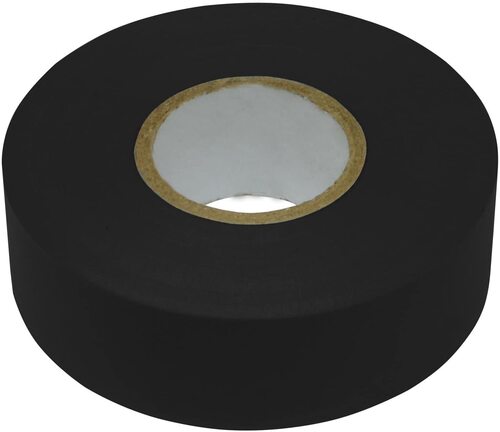
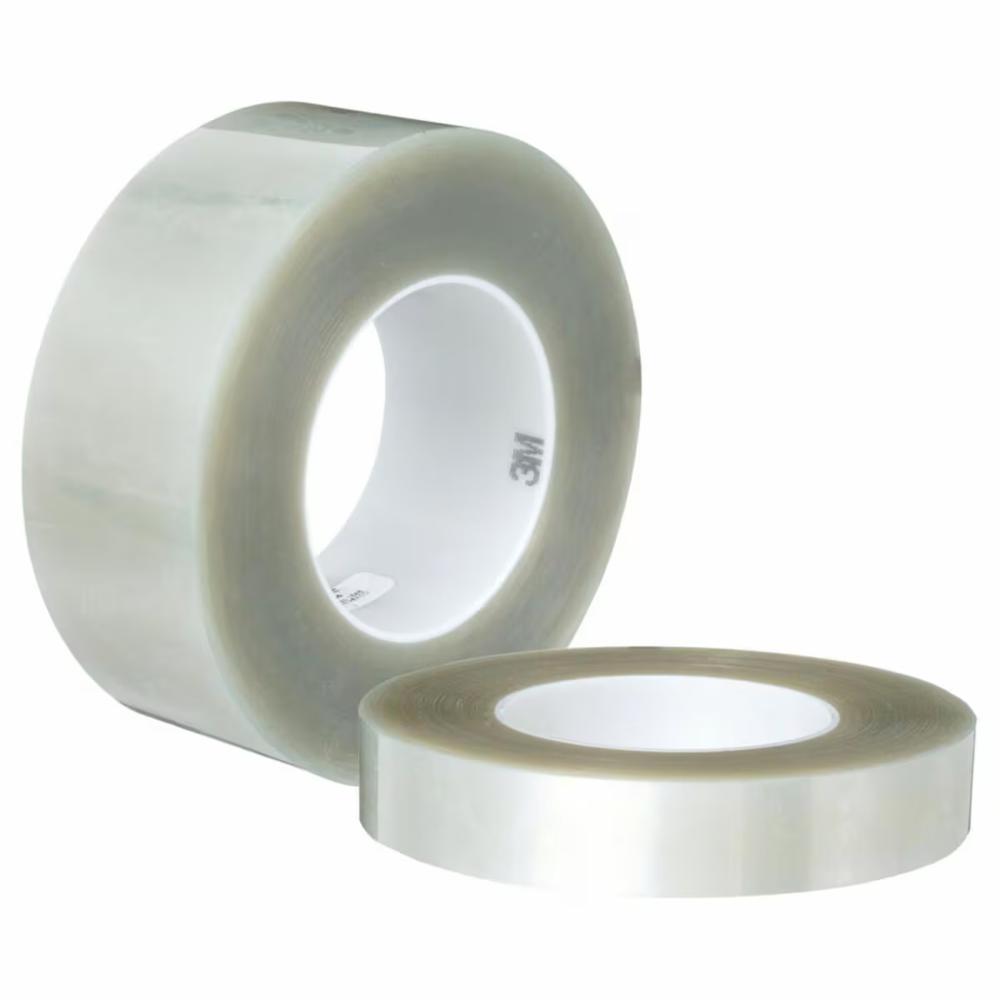
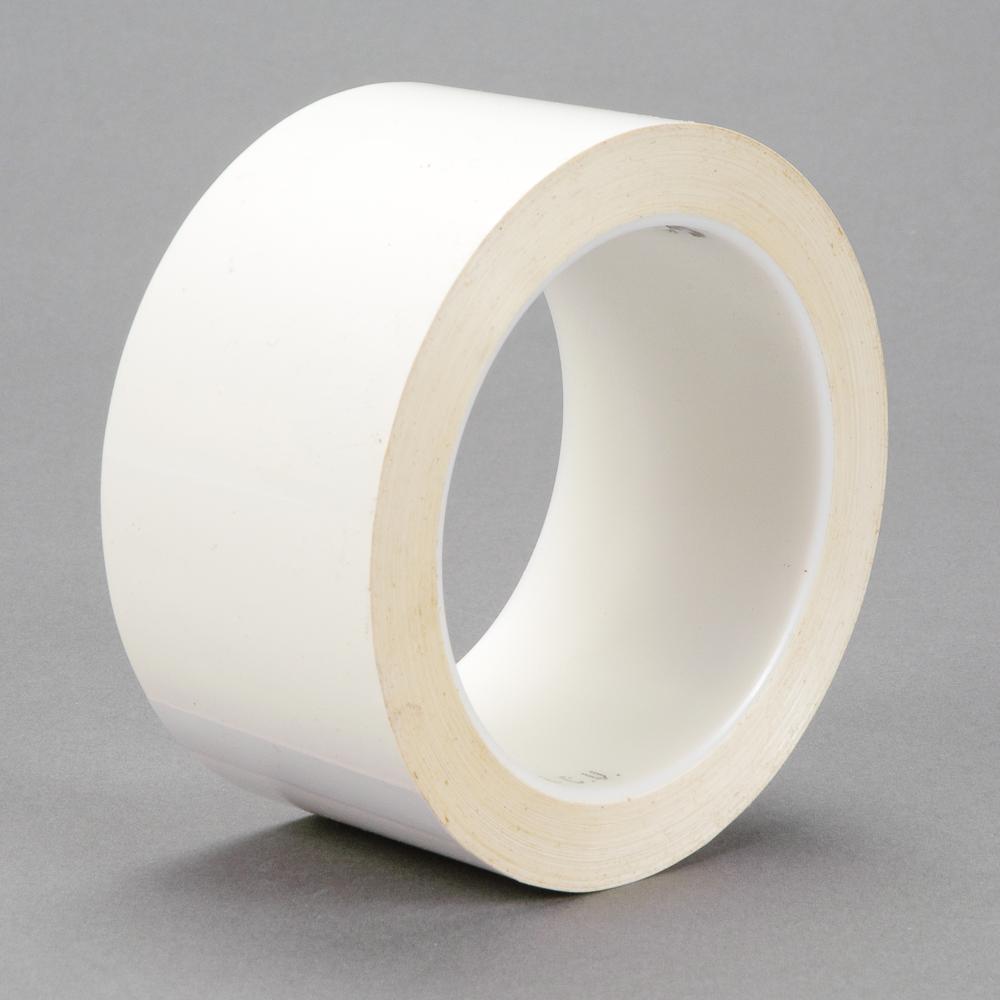
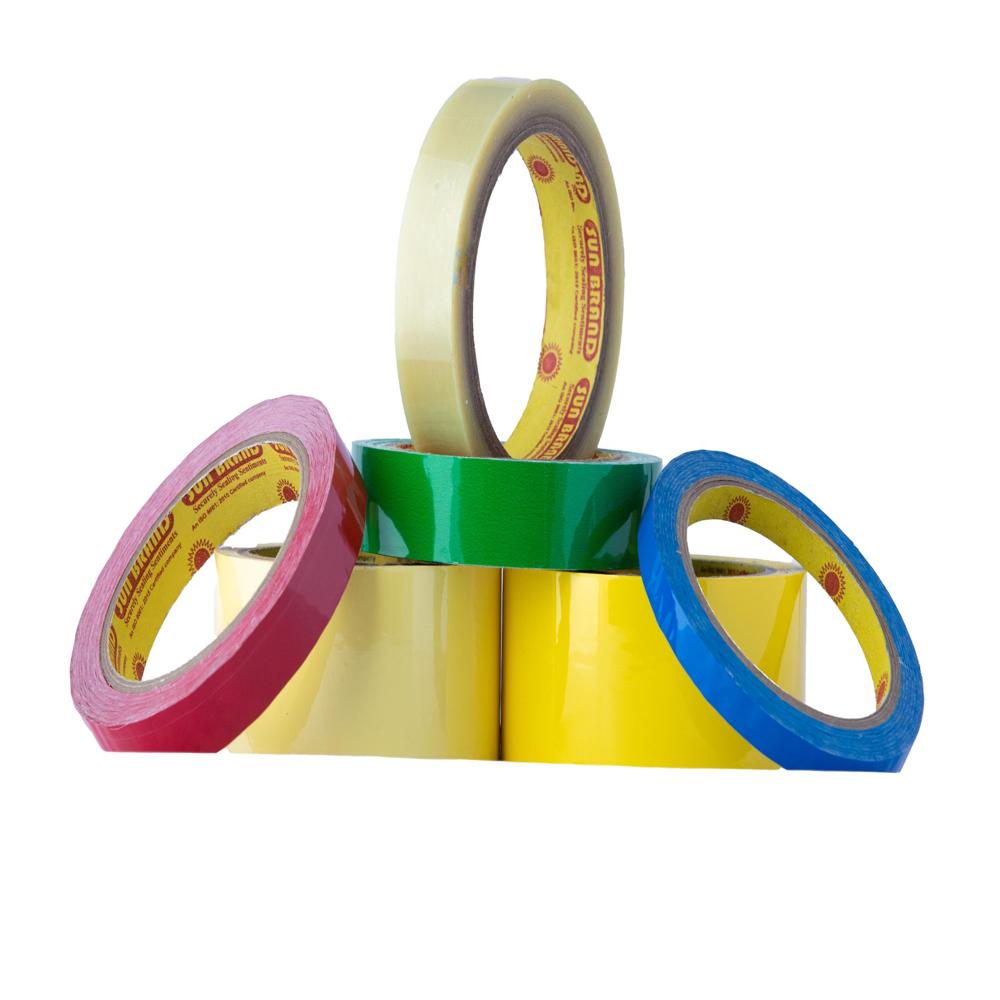
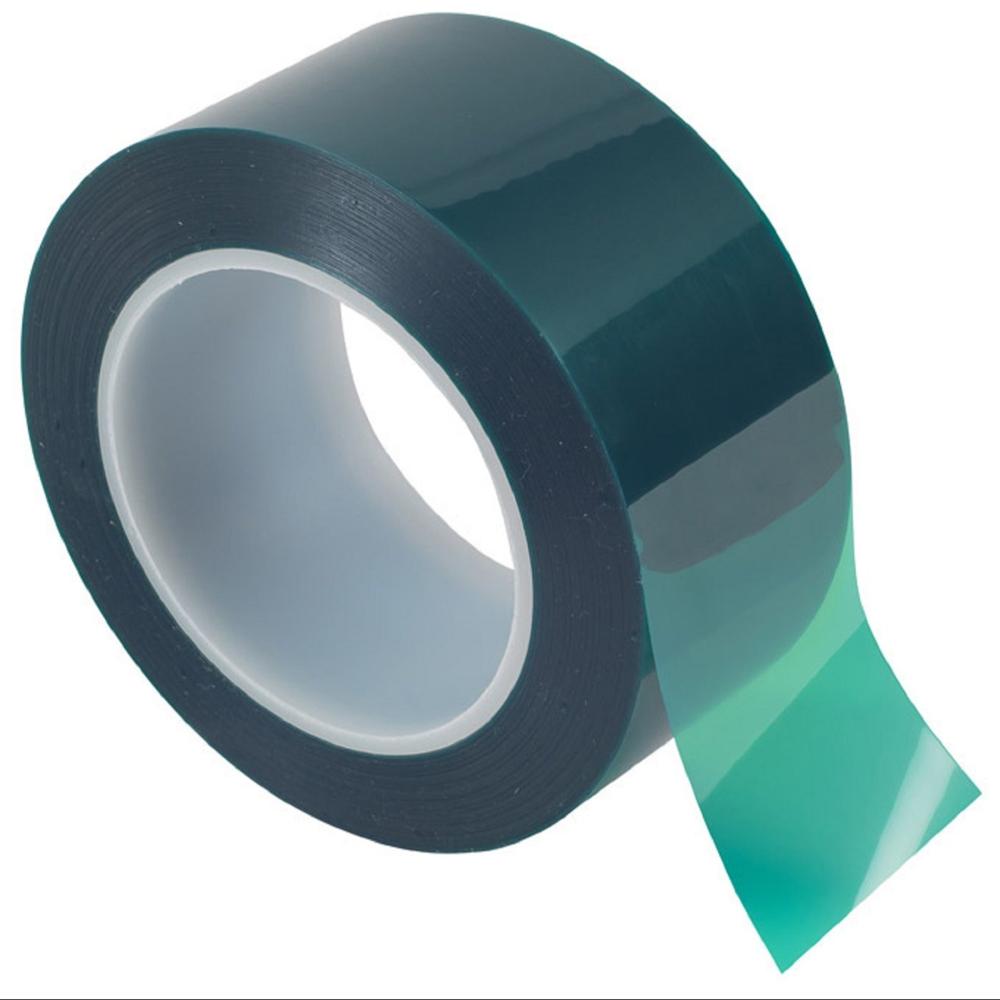







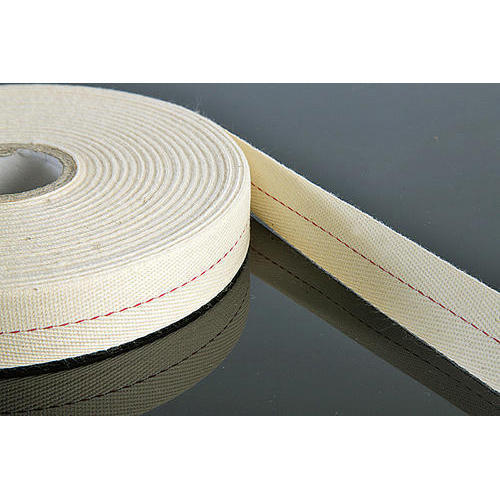



 Send Inquiry
Send Inquiry Send SMS
Send SMS Call Me Free
Call Me Free
 English
English Spanish
Spanish French
French German
German Italian
Italian Chinese (Simplified)
Chinese (Simplified) Japanese
Japanese Korean
Korean Arabic
Arabic Portuguese
Portuguese